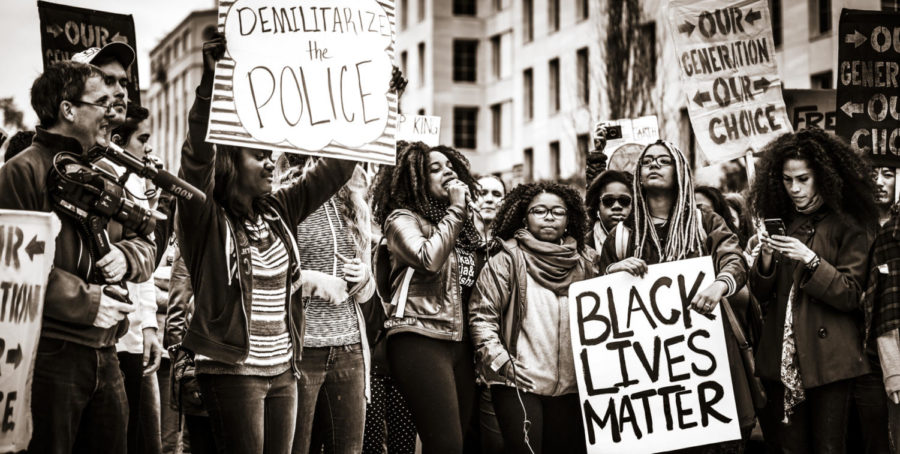Schools should have more cultural inclusion
Jun 10, 2021
Black history is not integrated enough into the American school system; they limit what the whole experience was when it comes to slavery and discrimination against African- Americans. Many schools only state that it was something where African-Americans were physically hurt. Schools often don’t really go into depth about the trauma, the pain mentally, and how the culture was suppressed with hatred.
Equality is important for American students to learn about more African American figures in school. We are taught about a few of the same activists, and even though they are important, it is important to learn more about their struggles and understand the entire story. For example, African- Americans who went through more than many white historical figures in the curriculum get limited attention, and all American students could learn a lot from the whole story.
One issue that could be more prevalent is a discussion about how racism affects people today. For example, an article from NBC Philadelphia points out, “As a result, many Americans are taught little about the history of systematic racism and the democratic system.” In fact, LaGarrett King, director of the Carter Center of K-12 Black History Education at the University of Missouri, believes that curriculums need more of a balance. King stated there need to be lessons based on “Black agency, joy, love and global connection with Blackness around the world.” This will lead to a better point of view for all students. More importantly, black culture introduced jazz, blues, hip-hop, and R&B to America and the world. If this was presented more in school, then African-American students would be able to learn more about their culture and feel proud. Also, other students from different backgrounds would feel more courage to share their backgrounds as well.
Juneteenth is a historic day for African-Americans; it’s a day when all slavery came to an end. Federal troops arrived in Galveston, Texas in 1865 to ensure that all enslaved people were freed. Also, something stated from LaGarrett King, “It’s more historically accurate in Black history to start talking about liberation with June 19, 1865, or Juneteenth, when enslaved people in Galveston, Texas, learned that the Civil War ended two months before and that they were free.” African-Americans celebrate Juneteenth for the celebration of their ancestors and celebrating the strength they had to endure all of that pain and trauma. It’s a day only for African-Americans to embrace their history, something else stated by King, “What is historically important to white people is not historically important to Black people. July 4, 1776, means nothing historically to Black people.”
When incorporating Black History into the education system, we could start by adding events and highlights of our culture referenced above into the curriculum across many disciplines. For example, in music, we could study the way dance and current music has been influenced by the culture, and language arts could include more opportunities for students to write and share about their culture… During black history, schools could do more to celebrate history. Black history being taught more in schools can bring other cultural stories into schools as well, and most importantly make students feel more comfortable and open to each other..





